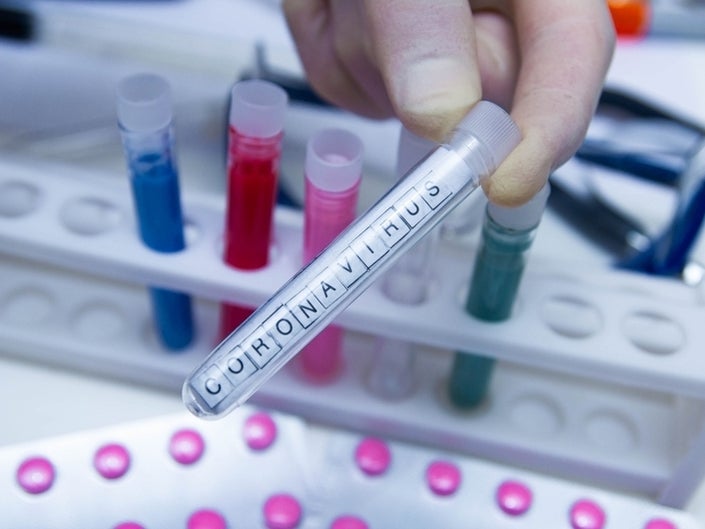Lagos To Adopt One Health Model To Tackle Biological Threats
The Commissioner for Health in Lagos State, Dr. Jide Idris has disclosed that the State Government is developing a Bio-banking capacity and a Bio-security framework along the lines of the One Health model and the Global Health Security Agenda for optimal health outcomes.
Idris, who made the disclosure Monday at a conference on Biosecurity and One Health at the Sheraton Hotel and Towers, Ikeja, explained that the global approach in the preparedness and response to emerging and re-emerging infectious diseases involves the implementation of One Health model as part of the Biosecurity agenda of the State.
He stated that One Health recognises the interconnection between people, animals, plants and their shared environment, adding that it also documents that six out of every 10 infectious diseases in humans are transmitted from animals.
“One Health recognises that the health of the people is connected to the health of animals and the environment. It is a collaborative, multi-sectoral, trans-disciplinary approach operating at the Local, State, National and Global levels with the goal of achieving optimal health outcomes”, he said.
The Commissioner observed that Lagos being a fast-growing megacity, the likelihood of proliferation of biological agents that could threaten the wellbeing of the inhabitants would greatly impact on its stability economically, socially and even politically.
“It becomes mandatory for the State Government to design and implement an urgent health care agenda, policy and legal framework to establish its biosecurity and research capability, without which the State will not be able to mount an effective prevention and containment response to biosecurity threats”, he stated.
He hinted that lessons learnt from the Ebola outbreak in 2014, led to the inauguration of the State Ebola Virus Disease Research Initiative (SEVDRI) Committee with the mandate to conduct research for the development of prevention, control and management measures to mitigate against a future outbreak of the disease.
Idris revealed that one of the recommendations of the Committee was the establishment of a Biosafety Level 3 Laboratory which, according to him, led ultimately to the collaboration with Global Partnership Programme (GPP), Canada.
The collaboration, the Commissioner explained, resulted in the establishment and commissioning of the Lagos State Biobank, a facility that would provide a safe storage of biological and environmental samples, enhance prompt diagnosis of infectious diseases, and act as a research centre for cutting edge researches for researchers within and outside Nigeria for improvement of global public health.
The Commissioner emphasised the need for collaborative efforts with Nigerian Center for Disease Control (NCDC), Nigerian Institute of Medical Research as well as other relevant stakeholders to achieve overall success.
He assured that Lagos, as a responsible government with a vision, would continue to build capacities of health workers, engage the community and do other things which are very necessary to bolster the health of the citizenry regardless of age, gender, religious, ethnic or political affiliation.
Earlier, in her remarks, the Permanent Secretary in the Ministry, Dr. Titilayo Goncalves reiterated the commitment of the State Government to continuously put in place proactive strategic planning to improve the health of Lagosians. She urged participants to be crusaders of preparedness for action during an epidemic emergency.
Highlights of the conference were presentations by Professor Akin Abayomi on Biothreat management; Professor Nusirat Elelu on Diagnosis, One Health and Epidemics while Professor Akin Osibogun conducted the Interactive and Panel Sessions with focus on Role of Lagos State Biobanking and Biosecurity Governance Council, One Health and Disease Prevention, Parameters for funding, research, access, innovation, commercialisation and return of results as well as implications of the 4IR on Biobanking and Biosecurity.
Present at the one-day conference were the representatives of the World Health Organisation, Dr Sam Yenyi; the United States Centre for Disease Control team led by Daniel Duvall; Clinton Health Advocacy Initiative (CHAI); MAMAYE, UNICEF, Directors from the State Public Service, Biosecurity experts, traditional rulers and Community Development Associations amongst others.




